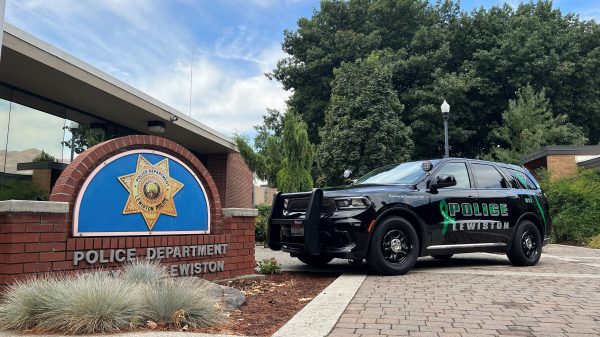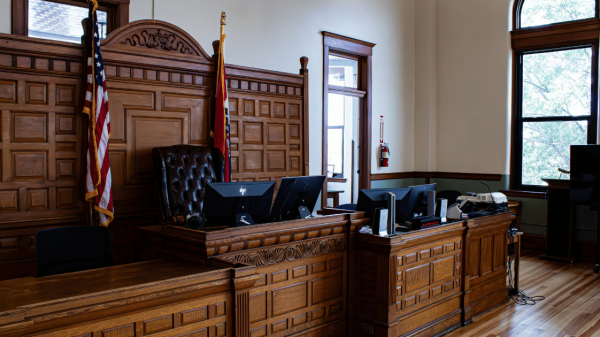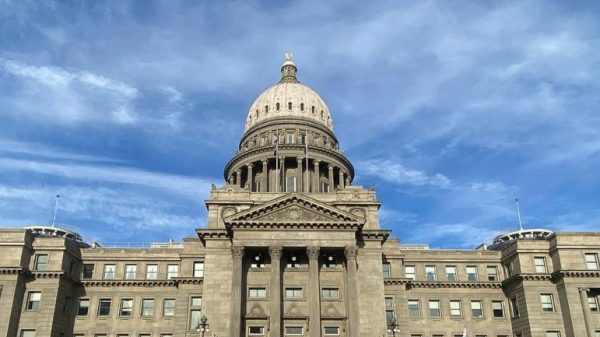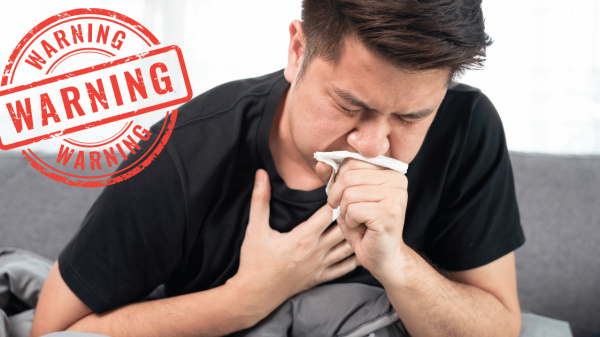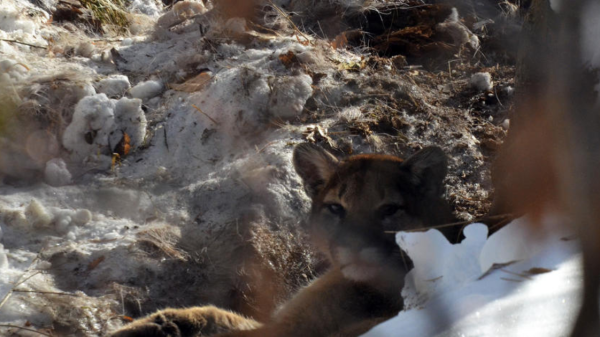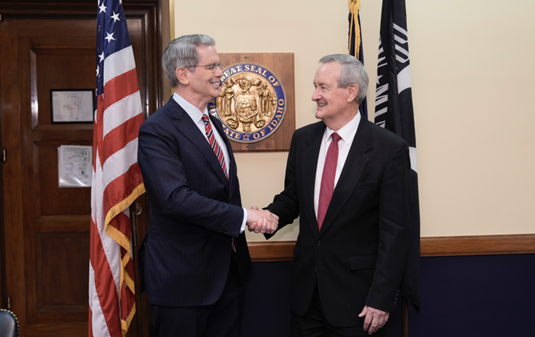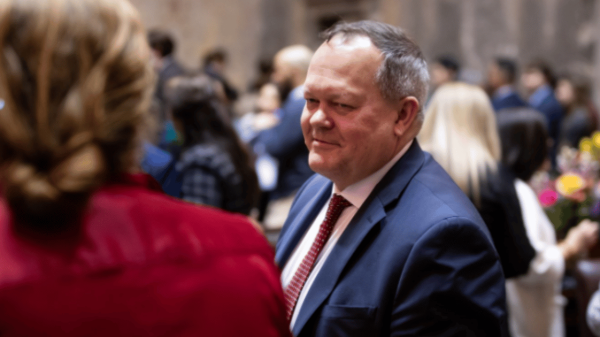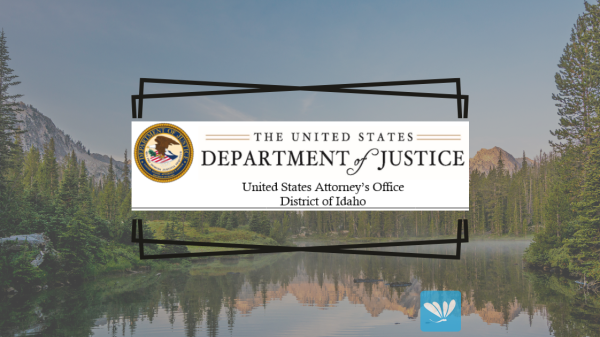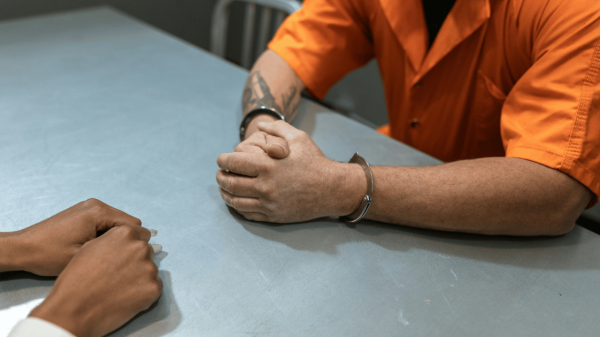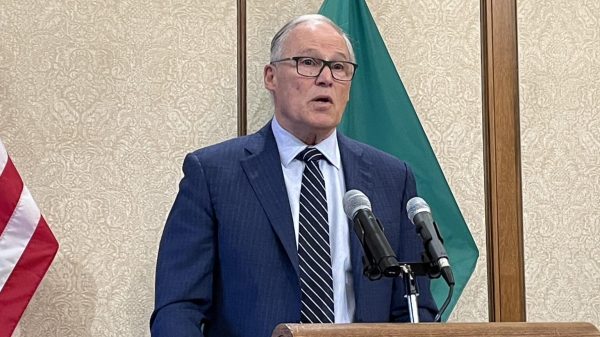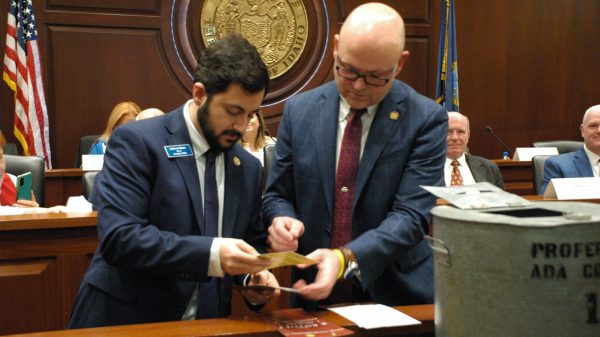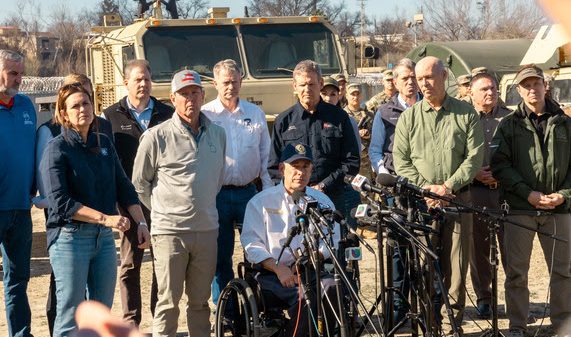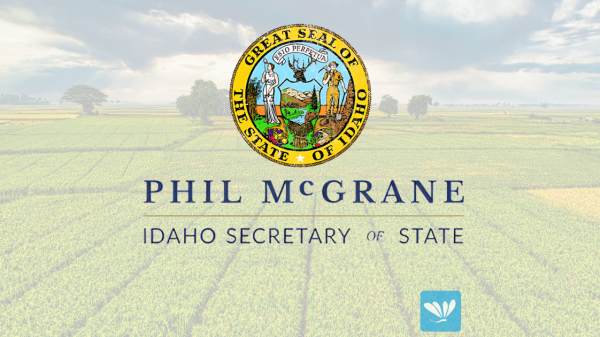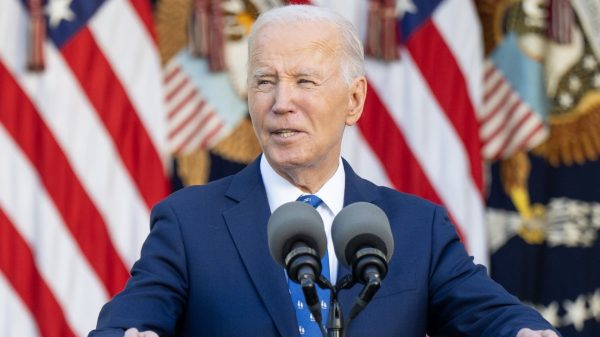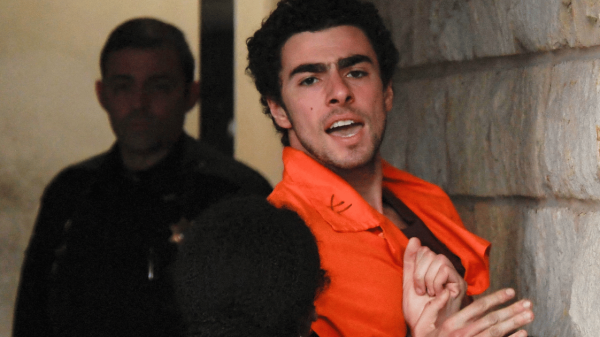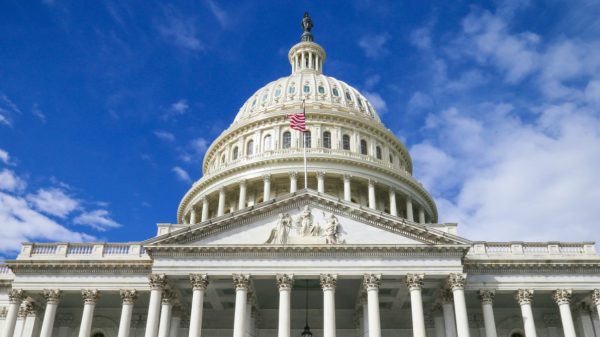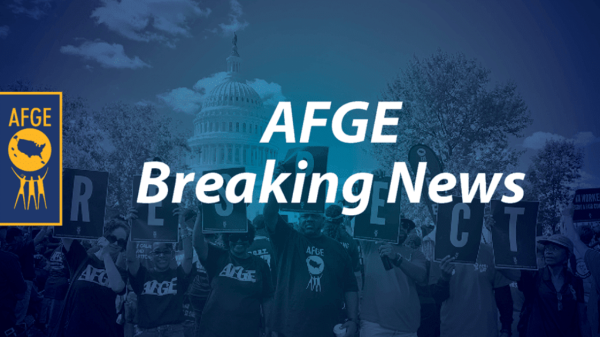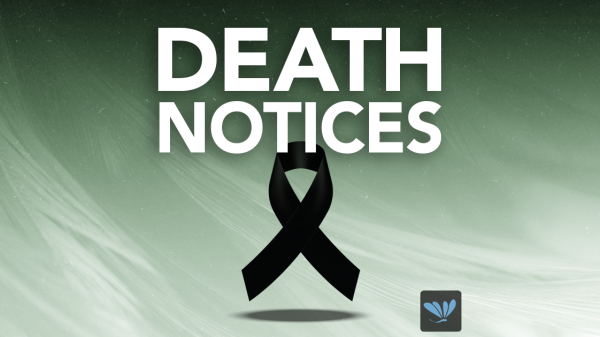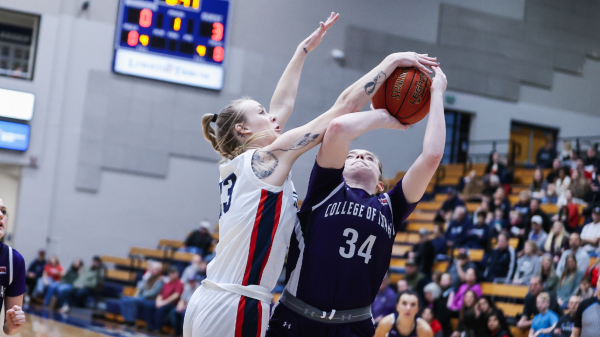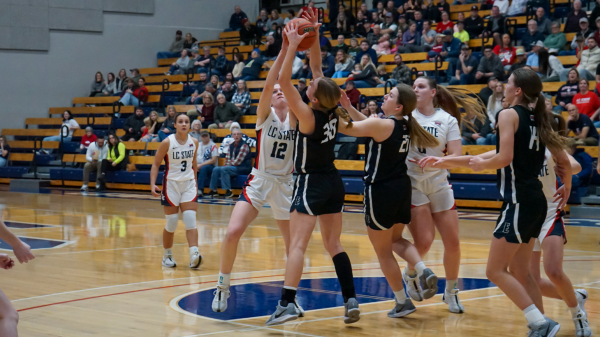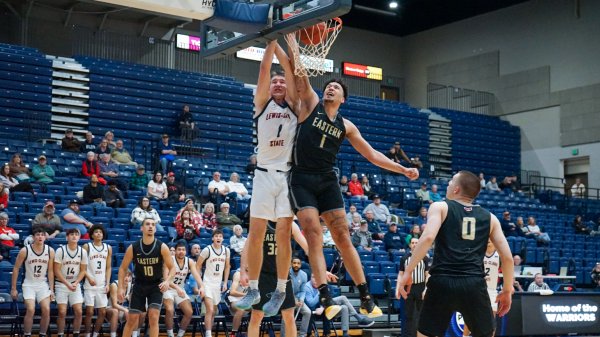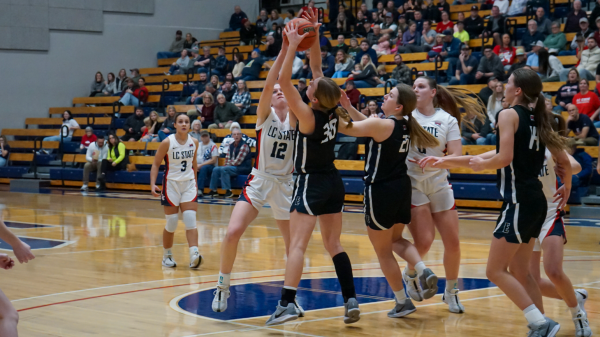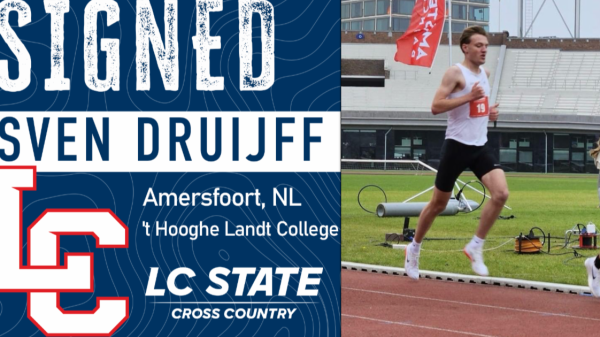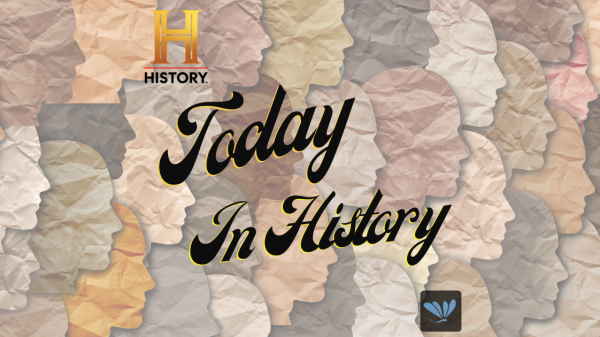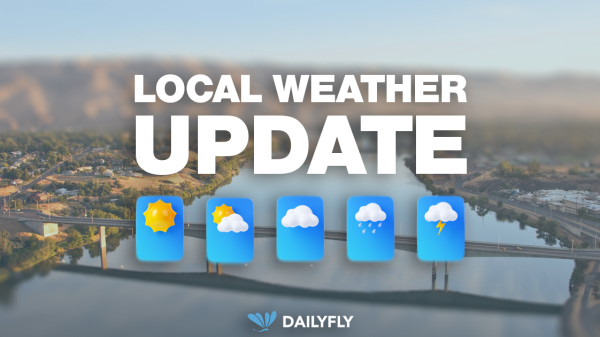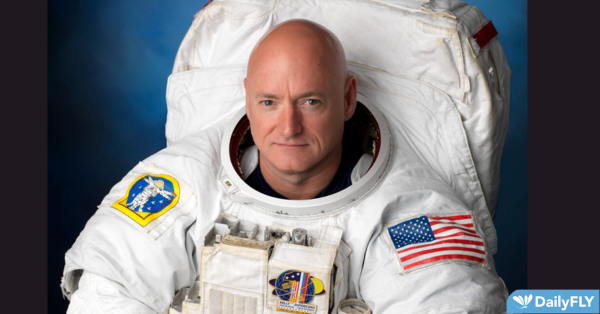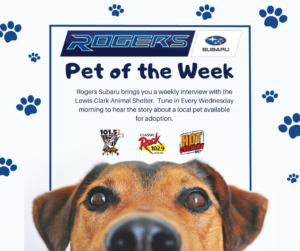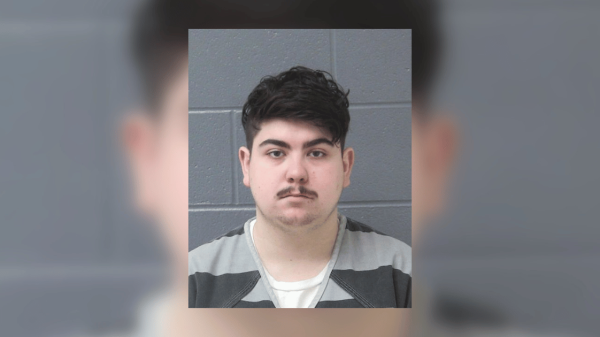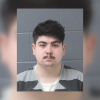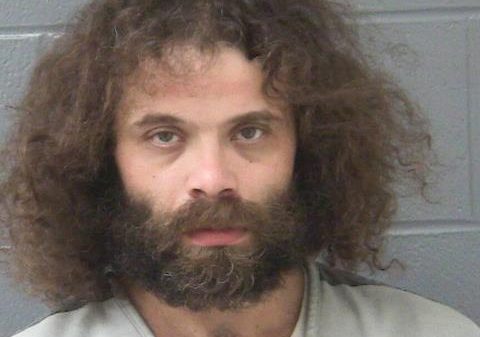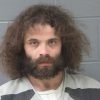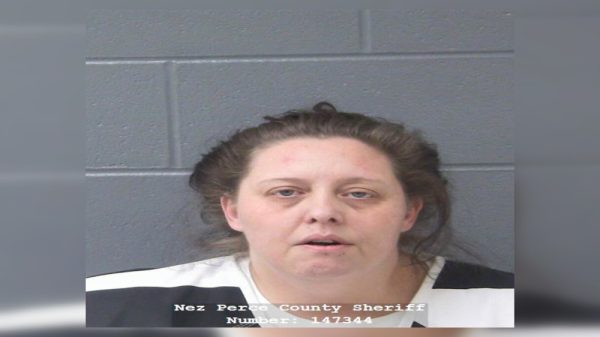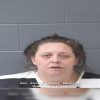Astronaut Scott Kelly spent 340 days aboard the International Space Station beginning in March of 2015 while his identical twin remained on Earth. That dynamic helped elucidate some of the molecular and physiological effects of significant stretches of time beyond the planet’s boundaries and helps illustrate the scientific value of state twin registries.
Kelly is the featured speaker at this year’s Washington State University-sponsored TwinFest, which is set for July 22 in Everett. It’s the first TwinFest gathering in the Evergreen State since the Washington State Twin Registry moved from University of Washington to WSU in 2015.
“When thinking about what would draw people to an event, we thought that Scott Kelly would be a really great person to have because of his involvement in the NASA project and how he would be someone other twins would be interested to hear from,” Ally Avery, scientific operations manager for the twin registry, said.
After collecting troves of samples and data on Kelly during his year in space and comparing them to his then-Earth-bound brother Mark, also an astronaut and now a U.S. senator, dozens of researchers from prominent institutions around the country published a landmark study in the journal Science in 2019.
Their findings related to how long stretches in space affect aging, cognition, immunology, among numerous other aspects of the human body.
The fact that Kelly’s telomeres — the ends of DNA that shorten over time leading to aging — actually lengthened while he was aboard the International Space Station was one of the most surprising findings researchers uncovered. NASA initially hypothesized that Kelly’s rigid diet and exercise routine while in space were behind that lengthening, though a subsequent Japanese study of worms aboard the ISS at the same time observed the same phenomenon.
“I never once saw those worms on the treadmill or using the weight machine,” Kelly quipped, adding that it’s now thought that a certain amount of radiation found beyond Earth’s atmosphere may improve telomeres while in space.
After returning to earth, his telomeres returned to expected lengths, and researchers found that the majority of health variables were stable during his mission or returned to baseline levels.
Twin studies offer researchers the opportunity to control for genetic effects when examining health outcomes, particularly in identical twins.
The experience left Kelly confident about the potential for manned flights to Mars, given that travelers would need to spend less time in space than he had and would be experiencing about a third of the gravitation force he’d withstood upon reentry. It’s travel beyond the reaches of the red planet that would require scientific innovation such as artificial gravity in order for astronauts to be able to function back on a planet.
Kelly recalls never really getting sick of the food available in space, with fatiguing coming from the overall experience of constantly floating and never being able to sit for a comfortable meal without the worry of food floating away.
Both of the Kelly brothers have spent time in space after initially being accepted to NASA in 1996. Their parallel interests — having both served in the U.S. Navy as test pilots prior to joining NASA — prompted their similar career trajectories rather than a deliberate effort to be doing the same things. Scott Kelly flew four space flights with NASA, serving as commander aboard the ISS on several occasions, piloting his first spaceflight on a mission to service the Hubble Space Telescope.
When he was assigned his second space flight and first as commander of the crew, Kelly’s options for an experienced pilot were limited. Among those whose experiences made them eligible, and the person he believed he could work best with, was his brother Mark. While NASA wasn’t against the idea, the more Scott thought about it, the more concerned he became about how an accident would leave their kids without their dad as well as the person who reminded their families most of them.
Prior to his yearlong mission, Kelly said NASA had never asked him and his brother to participate in any kind of study. In fact, in preparation for the mission, he’d asked NASA officials what to say if media inquired about the possibility of the mission being used for a twin study, to which they told him to say that nothing was planned.
A few weeks later, NASA officials got back to him to say that after reaching out to researchers across the country about whether they’d be interested in something like that, the response was a resounding yes.

Twin studies offer researchers the opportunity to control for genetic effects when examining health outcomes, particularly in identical twins, according to Glen Duncan, professor and chair of the Department of Nutrition and Exercise Physiology as well as director of the Washington State Twin Registry.
Being able to control for genetic factors leaves researchers better able to focus on specific conditions of interest. Looking at environmental factors and how they shape and impact health is made more tangible with twin studies.
A recent twin study co-authored by Duncan and WSU biologist Michael Skinner, for example, found that consistent exercise has the potential to change molecules within the human body that influence gene behaviors. Twin studies have also examined how environmental exposures such as pollution and area deprivation affect and shape the health of individuals.
Since 2002, the registry has grown to include nearly 10,000 pairs of twins. Twins who opt into the registry agree to be contacted about potential scientific studies, with WSU collaborating with interested researchers from across the country.
This year’s TwinFest will be the first since the registry’s move to WSU, with subsequent events having been thwarted by the COVID‑19 pandemic.









